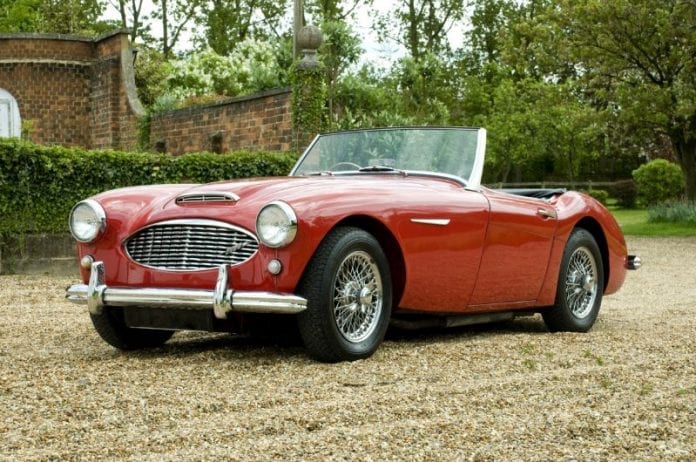Classic, antique, and vintage are names used interchangeably to define ‘old’ cars. Classic cars are cars that are more than 20 years old, while antiques are over 45 years. On the other hand, vintage cars are those that were manufactured earlier on, between 1910 and 1930. The fact is that with the various definitions out there, you will come across overlapping classifications of classic cars.
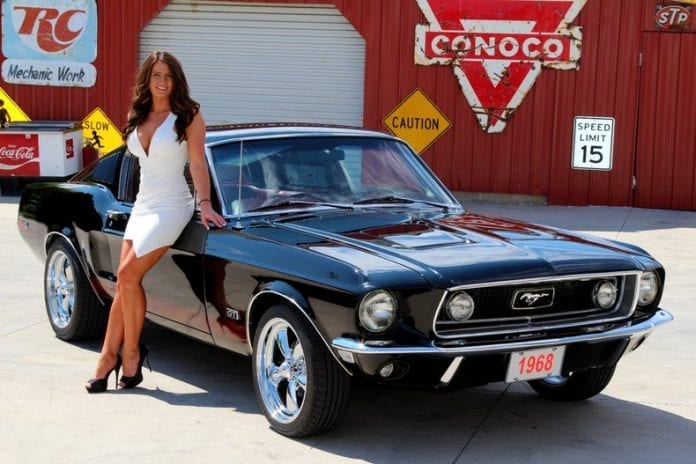
However, in this article, we are going to shift our focus to classic cars.
Has the thought of buying a classic car has crossed your mind?
If classic cars are a constant fascination, then you have most probably heard of the Sultan of Brunei – Hassanal Bolkiah. The 74-year-old ruler has one of the world’s largest classic car collections from all the renowned car manufacturing companies.
Unfortunately, we are not nearly as wealthy or obsessed as the Brunei ruler is when it comes to classic cars, but our enthusiasm for these rare automotive might drive us to purchase one or two classics. It is not uncommon for men of a certain age to suddenly get interested in these rare vehicles. When the adrenaline generated from driving superfast cars finally goes down, a car enthusiast might decide to purchase classic cars as a collectible or investment. Rich and wealthy men like The Sultan, among other celebrities, understand that as much as these cars are a costly affair, they are an investment that only appreciates.
So, whether you are looking for a collector’s item or a car to use daily, you need to make an informed decision during the purchase.
Classic Cars as an Investment
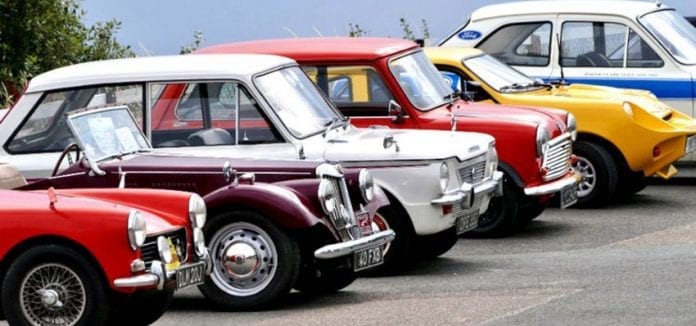
It is not uncommon for the thought of investing in collectible cars to cross your mind. It is not only a past-time activity for the wealthy, but can be an investment opportunity for the average American. The 2000 MINI Cooper and the 1971 MINI Clubman1275 GT Historic Racecar are some of the not-so-expensive popular models.
For more details on the most iconic investment-worthy MINI models, check Dyler.
On the other hand, there are collectible cars that easily cost an arm and a leg. In most cases, they are owned by wealthy car enthusiasts. These are high-end collectibles that can easily make you huge amounts of money.
When seeking classic cars for a chance at an investment opportunity, it is essential to factor in a couple of things. First, understand that not all classics are a great business opportunity. Go for ones that have historical importance or ones that impacted consumer expectations in one way or the other. Additionally, you can go for one that was previously owned by a celebrity.
Classic cars are a good investment. However, just like any other money-making venture, it comes with associated risks. For instance, the car is likely to attract government taxes. Additionally, if it is damaged, restorations costs may be as high as the actual price of the car. The same applies to maintenance and repair costs during the time of ownership.
All in all, there are uncertainties revolving around the classic car business. It is the reason why purchasing a new car and keeping it for years in the hopes that it will be a collectible is a gamble. You may be one of the lucky few who bag a fortune out of such a risky investment, but it is never a good idea to purchase a modern car today expecting to sell it at a profit in the next two decades. The trick, however, is to buy a quality automotive that commands a premium. It should also be one that is not likely to go out of the market in the next couple of decades.
Factors to Consider When Buying a Classic Car
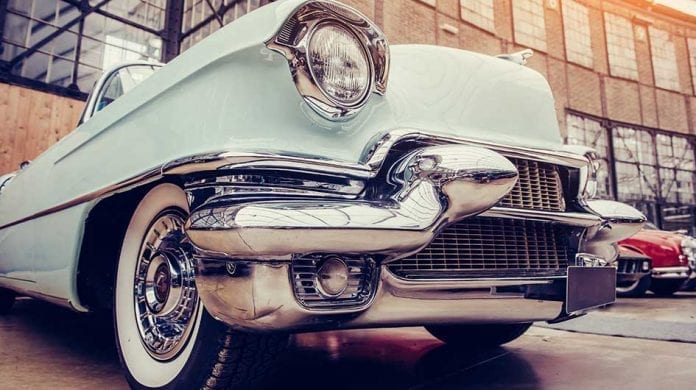
Purchasing a classic car may get you your money’s worth or turn out to be a colossal waste of your hard-earned money. A lot of considerations need to be in place before drawing that checkbook.
Let us delve into specifics.
-
Know what you want
Some classic car enthusiasts purchase these rare machines, not for their functionality, but unfortunately, out of emotions. Maybe, they have always wanted to own a specific car model or want a replica of their dad’s first car. All in all, you need to understand what it is you want. What are your model preferences?
Classic cars carry a huge price tag, and it is essential to put your current desires aside, refrain from looking at an eight-figure ‘old’ machine and think objectively. This is especially the case when you are purchasing it not as a collectible, but for your teenage boy. In this case, you need to consider the maintenance costs, among other things. But if you can afford it, by every means, go for it!
Last but not least, why would you purchase a two-door classic sports car when you intend to, now and then, take a cruise in it to the countryside with your family?
-
What about garage access?
Not every mechanic understands the operating mechanisms of classics. Most of these cars use unique automotive technologies that are different from modern-day vehicles. Besides, cars that are a couple of decades old quickly deteriorate when not driven for a long time. In this case, understanding the operations of your car is important, and owning a garage even more crucial.
If you have no garage, make sure you know of a mechanic with a vast understanding of the classics; one that can readily sort any arising issues and give invaluable advice on the maintenance and restoration of the car.
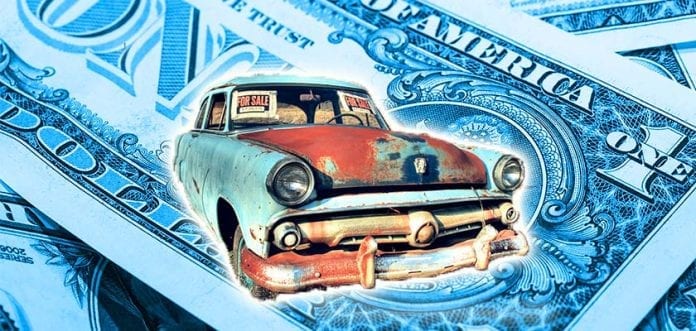
-
Budget
Classic cars are, most often than not, expensive. One of the key questions is, ‘what can you afford?’ Your budget plays an integral part in determining the model of classic automotive to go for. Look at how much you are prepared to pay, bearing in mind maintenance costs. You can find old cars at varying prices and you can find one that fits your budget. Just stay away from cars that are showing signs of rust.
